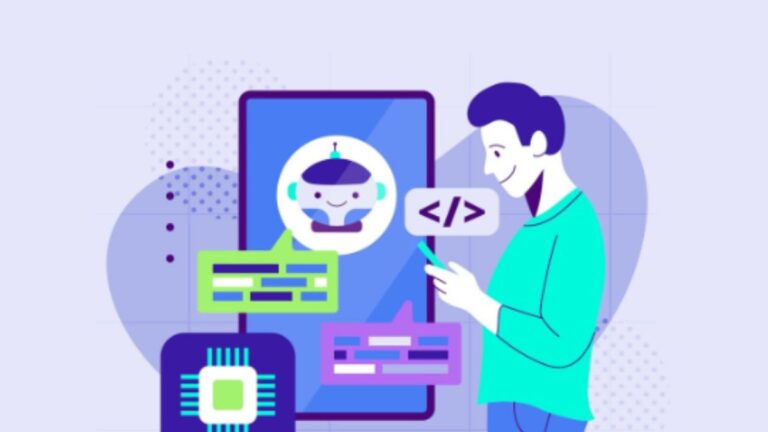In today’s competitive app market, creating a functional app is no longer enough. Users expect intuitive, personalized, and intelligent experiences—something traditional programming can’t always deliver on its own. That’s where Artificial Intelligence (AI) steps in. AI can dramatically improve how your app performs, engages users, and adapts to behavior in real time.
But for developers looking to leverage AI, the key questions are: how can AI enhance your app, and what do you need to know before diving in? Let’s break it down.
- AI Enhances Personalization
Personalized user experiences are no longer a luxury—they’re an expectation. AI helps apps learn user preferences and habits over time, delivering content, recommendations, and layouts tailored to individual users.
Example:
- E-commerce apps use AI-driven recommendation engines to display products based on past purchases, browsing history, or user demographics.
- Media platforms like Spotify and YouTube personalize feeds using deep learning algorithms that adapt with every click and scroll.
Developer Tip:
Implement machine learning (ML) models that can evolve based on user behavior. Consider using platforms like TensorFlow Lite or Core ML to embed models directly into your mobile apps.
- Smarter Automation Saves Time
AI can automate routine app like daman game functions—like chat support, content moderation, and data entry—improving user experience while saving resources.
Example:
- AI-powered chatbots respond instantly to customer questions without human intervention.
- Social apps use AI to filter spam or flag inappropriate content automatically.
Developer Tip:
Leverage natural language processing (NLP) libraries like Dialogflow, Wit.ai, or OpenAI APIs to add conversational AI without reinventing the wheel.
- Real-Time Analytics & Behavior Prediction
AI lets your app process and respond to real-time data, predicting what the user needs before they ask for it.
Example:
- A fitness app might suggest a workout based on previous routines and current activity levels.
- A navigation app can reroute users dynamically based on live traffic and driving patterns.
Developer Tip:
Use real-time data pipelines combined with ML models that constantly refine themselves. Cloud services like Google Cloud AI or AWS SageMaker can manage large-scale learning and deployment.
- Improved Security with AI
Security is critical—and AI helps apps detect threats before they cause damage.
Example:
- Financial apps use AI to monitor for fraudulent behavior by detecting anomalies in transaction patterns.
- AI can power biometric authentication like facial recognition or fingerprint matching to enhance login security.
Developer Tip:
Incorporate anomaly detection models into your backend, and explore open-source AI libraries that support fraud prevention use cases.
- Smarter UI with Voice & Vision
AI enables next-level user interfaces by powering voice, image, and gesture recognition.
Example:
- Voice assistants like Siri or Alexa rely on AI-driven natural language processing.
- Apps like Google Lens use AI vision to identify objects, text, or landmarks in real time.
Developer Tip:
Use APIs such as Google ML Kit or Microsoft Azure Cognitive Services to bring advanced capabilities to your app without building models from scratch.
- Challenges Developers Must Consider
While AI opens doors, it also presents challenges developers must manage:
- Data Privacy: AI thrives on data, but apps must comply with GDPR, CCPA, and other regulations.
- Model Training: Quality AI depends on quality data. Poor data leads to poor predictions.
- Performance Impact: AI models can be heavy. Optimize for speed and battery consumption, especially on mobile.
Developer Tip:
Start small with lightweight models. Use edge AI for local processing, and offload intensive tasks to the cloud when necessary.
Conclusion
Yes, AI can absolutely make your app smarter—but it’s not a plug-and-play solution. To unlock AI’s full potential, developers need to carefully choose the right tools, plan for data management, and focus on delivering real value to users.
From hyper-personalization and intelligent automation to enhanced security and predictive insights, AI empowers apps to do more than just function—they evolve, learn, and anticipate. If you’re building an app in 2025, AI isn’t just a nice-to-have—it’s a competitive edge you can’t afford to ignore.

